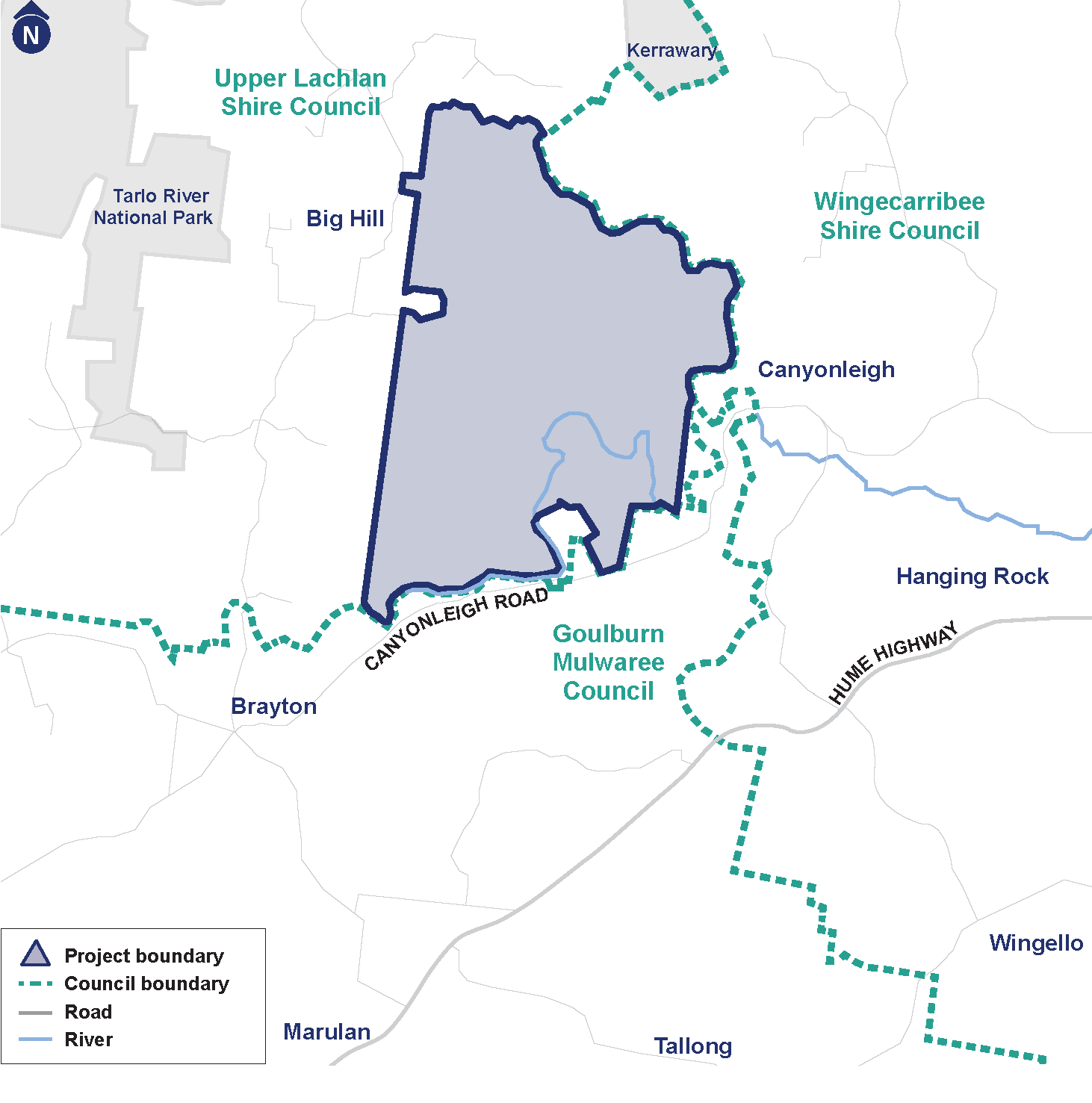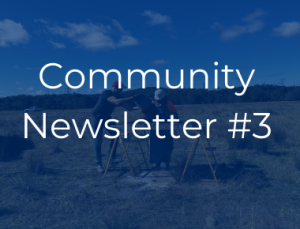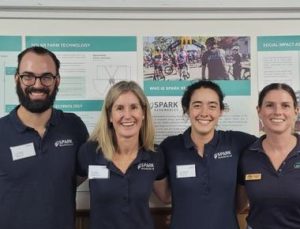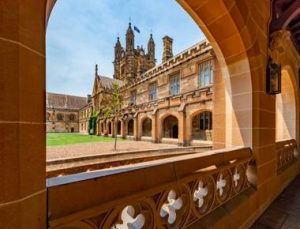WATTLE CREEK ENERGY HUB
ABOUT THE PROJECT
The Wattle Creek Energy Hub is a proposed project to be located on land owned by the University of Sydney, east of Big Hill in the NSW Southern Tablelands of NSW.
If approved, the Wattle Creek Energy Hub could generate up to 265 megawatts (MW) of electricity from the sun, providing enough clean, reliable energy to power around 55,000 households per year while offsetting the emissions of around 290,000 tonnes of carbon dioxide. The proposal also includes the installation of a large-scale battery with a capacity of up to 400MW/1,600MWh of electricity, which would be dispatched on command to provide a range of network support services.
The proposed site is situated east of Big Hill, approximately two hours drive from Sydney. The proposal is strategically positioned to make use of an existing high-voltage substation located adjacent to the property to deliver clean, renewable energy from the energy hub to the University, local electricity users and the rest of NSW.
The Wattle Creek Energy Hub initially included a wind component. Spark Renewables is not proceeding with the wind farm and is instead focused on developing the solar and BESS components only.
Status:
EIS and SIA preparation
Location:
Big Hill, NSW Southern Tablelands on
the traditional lands of several groups, including the Gundungarra, Wadi Wadi, Wiradjuri and Dharawal people
Generation capacity:
up to 265 MW
Battery storage:
400MW/1,600MWh
PARTNERSHIP WITH THE UNIVERSITY OF SYDNEY
Involvement of the University of Sydney
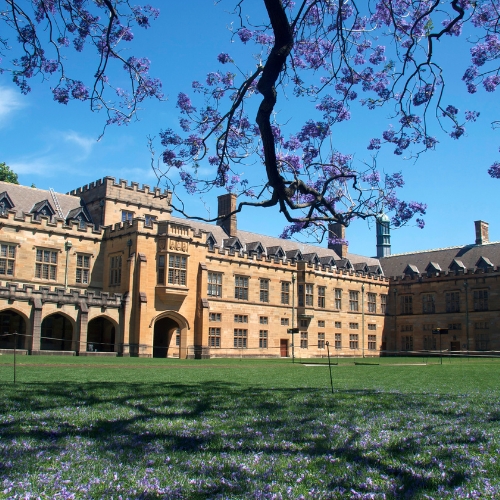
The University of Sydney selected Spark Renewables to investigate and develop a hybrid renewable energy facility on the University’s Arthursleigh property, located in the New South Wales Southern Tablelands.
The University of Sydney is a New South Wales State Government-owned tertiary education institution, engaged in the provision of tertiary education and research. As Australia’s first university – founded in 1850 – the University of Sydney has a proud history of global leadership in education and research and inspiring people from all backgrounds to contribute to positive real-world change.
University of Sydney Pro-Vice Chancellor (Research – Enterprise and Engagement) Professor Julie Cairney said:
“This long-term partnership with Spark Renewables will support a research program and infrastructure for the translation of research into innovative renewable energy technologies. New clean energy products and knowledge will benefit Australia’s environment and the economy. We look forward to a long and successful partnership.”
Research opportunities
A key element of the proposed energy hub is a two acre “test-bed facility”, which would enable the University of Sydney to undertake research on new and emerging technologies, including further testing of innovative battery systems developed by Gelion, a company spun out from the University in 2015.
Spark Renewables and the University have also agreed to an ongoing research agreement throughout the life of the energy park, collaborating on initiatives related to clean energy in the fields of science, engineering, business and economics. The proposed partnership will also include a work experience and placement program for undergraduate and PhD students.
NEWS
OUR APPROACH
TIMELINE
2022
Step 1 - complete
Initial identification completed, consultation ongoing ✔
2023
Step 2
Community Consultation and Preliminary Studies
2023/2024
Step 3
In progress: Submission of Development Application and Environmental Impact Statement
2024/2025
Step 4
Development consent
2025
Step 5
Financial investment decision
2025/2026
Step 6
Construction
2027 onwards
Step 7
Operations
PROJECT DOCUMENTS
Documents and materials will be listed here when they become available.

